A ground-breaking interactive workshop hosted by the ULS Technical Advisory group 21st September explored the interplay between gender and diversity in humanitarian logistics. The event was incredibly well attended by gender and LGBTQI+ experts and supply chain experts. The workshop explored the different challenges faced by women and people of diverse sexual orientation, gender identity, expression and sex characteristics in humanitarian supply chains, our teams and in the communities we work with; and how logistics operations can overcome these challenges and avoid unintentional discrimination. Gender and diversity is now one of the five cross-cutting concerns of the Universal Logistics Standards building on the work of the workshop, discussions and research.
On the path to change – what to consider
Heading into the workshop participants were asked to consider a few key questions to help start conceptualising about how gender concerns can be integrated into humanitarian logistics operations–
How do we ensure that specifications are gender appropriate?
How do we make distributions safe and accessible?
How do we recruit more female drivers?
How can we encourage applications from female suppliers?
The challenges
A few of the challenges identified included:
Lack of gender balanced teams
Challenge to hire female drivers
Insensitive recruitment processes
Gender segregated distributions
Gender insensitive procurements
Gender stereotypes for certain logistics roles
Access barriers to certain locations and safety concerns for people of diverse gender
Cultural and contextual barriers
Solutions advanced
The workshop explored all the different areas of logistics covered by the ULS, and the different stakeholders in humanitarian logistics: our teams, suppliers, and the communities we work with. Participants were challenged to look at activities with new eyes to look for innovative perspectives on how to be more gender sensitive. The following ideas were identified:
Guidance - There is a need for practical easy-to-use guidance and tools specific to humanitarian logistics to help create inclusive and gender sensitive practices.
Strengthen learning and development programmes for women in logistics - Commitment to a more inclusive gender workforce should be demonstrated through targeted training and development activities to provide equitable career opportunities with male counterparts.
Share good practice - Efforts must be made to identify good examples of organisations embedding gender and diversity concerns in humanitarian logistics operations.
Find creative ways to attract more diverse offering - Organizations need to think creatively of how to attract female and gender diverse logisticians and suppliers.
Find creative ways to attract more diverse offering - Organizations need to think creatively of how to make the sector attractive to logisticians and suppliers of diverse backgrounds, especially in areas where cultural norms make this difficult.
“I think when we start transformation, it costs efforts and money, but it will be all worth it when we have the inclusive workplace environment that we want to see.”- Workshop participant
The workshop focused on gender, but the participants reflected that other diversity and inclusion characteristics (race, religion, ethnicity, age, disability) would also benefit from the inclusive logistics practices and approaches identified. No one left behind.

